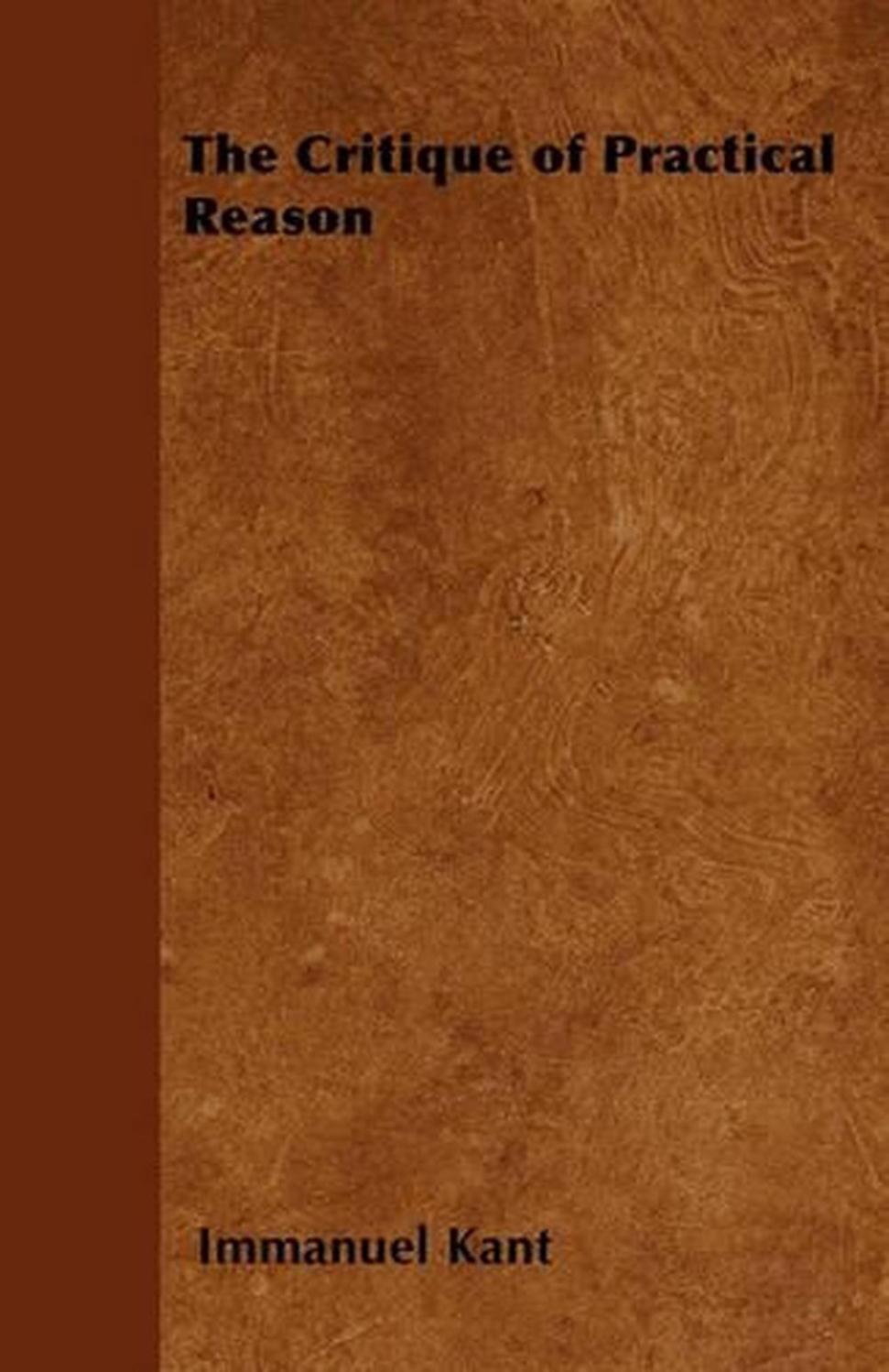Common Mistakes in Book Reviews: A Guide to Writing Effective Critiques
Book reviews are a vital tool for readers to discover new books, gain insights into different perspectives, and make informed decisions about what to read. However, writing effective book reviews requires careful consideration and attention to detail. Unfortunately, many people make common mistakes that can undermine the quality and credibility of their reviews. This article explores six of the most common mistakes people make when writing book reviews and provides guidance on how to avoid them.

Mistake 1: Lack Of Critical Analysis
Critical analysis is the cornerstone of effective book reviews. It involves examining the book's content, structure, characters, themes, and writing style, and evaluating its strengths and weaknesses. Reviews that lack critical analysis often provide only a superficial summary of the book's plot or characters, without delving into deeper insights or offering a thoughtful evaluation.
- Example: "This book is about a young woman who travels to a magical land and has adventures. It's a fun read, but there's not much depth to the story."
- Tip: Instead of simply summarizing the plot, focus on analyzing the author's craft, the book's themes and messages, and how the story engages with readers on an intellectual and emotional level.
Mistake 2: Focusing On Personal Opinions Only
While personal opinions are an important part of book reviews, they should be balanced with objective analysis. Reviews that are overly subjective or biased can alienate readers who hold different opinions or perspectives. Additionally, personal attacks on the author or their work are never appropriate and should be avoided.
- Example: "I hated this book! The author is a terrible writer and the characters are all unlikable."
- Tip: Strive for a balanced review that acknowledges both the positive and negative aspects of the book. Support your opinions with specific examples from the text and avoid making generalizations or personal attacks.
Mistake 3: Lack Of Structure And Organization

Structure and organization are essential for creating a coherent and easy-to-follow book review. Reviews that lack structure often jump from one topic to another, making it difficult for readers to follow the reviewer's thoughts and arguments. Additionally, poorly organized reviews can make it challenging for readers to find specific information they are looking for.
- Example: A review that rambles on about the author's personal experiences and includes irrelevant tangents, making it difficult for readers to understand the reviewer's opinion of the book.
- Tip: Use a clear and logical structure, such as introducing the book and author, summarizing the plot (without spoilers), analyzing the book's strengths and weaknesses, and concluding with your overall recommendation.
Mistake 4: Ignoring The Target Audience
When writing a book review, it is important to consider the target audience. Different audiences have different expectations and interests, and what appeals to one group may not appeal to another. Reviews that fail to consider the target audience may miss the mark and fail to engage readers.
- Example: A review of a children's book that focuses on the book's literary merits and complex themes, which may not be relevant or interesting to a young audience.
- Tip: Tailor your review to the specific audience you are writing for. Consider their interests, expectations, and reading preferences, and focus on aspects of the book that are likely to resonate with them.
Mistake 5: Lack Of Proper Grammar And Spelling

Proper grammar and spelling are essential for creating a professional and credible book review. Grammatical errors and misspellings can distract readers from the content of the review and make it difficult to take the reviewer seriously. Additionally, reviews with poor grammar and spelling may be seen as unprofessional and may reflect poorly on the reviewer and the publication they are writing for.
- Example: A review with numerous grammatical errors and misspellings, making it difficult for readers to understand the reviewer's thoughts and arguments.
- Tip: Proofread your review carefully before submitting it for publication. Use spell-checking software and grammar checkers to help catch errors, but also read through your review multiple times to ensure that it is free of mistakes.
Mistake 6: Plagiarism And Copyright Infringement
Plagiarism and copyright infringement are serious ethical violations that can have severe consequences. Plagiarism involves copying someone else's work and presenting it as your own, while copyright infringement involves using someone else's copyrighted material without permission. Both plagiarism and copyright infringement are illegal and can lead to legal action.
- Example: A review that includes large sections of text copied directly from the book without proper attribution, or a review that uses copyrighted images or illustrations without permission.
- Tip: Always give credit where credit is due. If you quote or paraphrase someone else's work, be sure to cite the source properly. If you want to use copyrighted material, obtain permission from the copyright holder before doing so.
By avoiding these common mistakes, you can write effective book reviews that inform, engage, and persuade readers. Remember, the goal of a book review is to provide readers with valuable insights into a book and help them make informed decisions about whether or not to read it. By following these guidelines, you can write reviews that are both enjoyable to read and helpful to readers.
YesNo

Leave a Reply